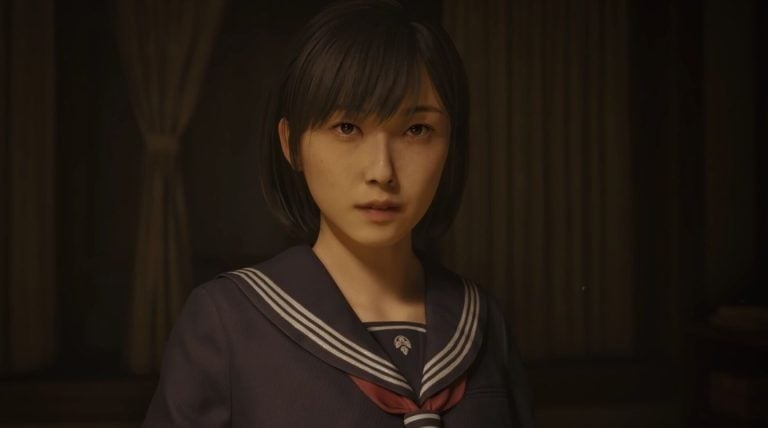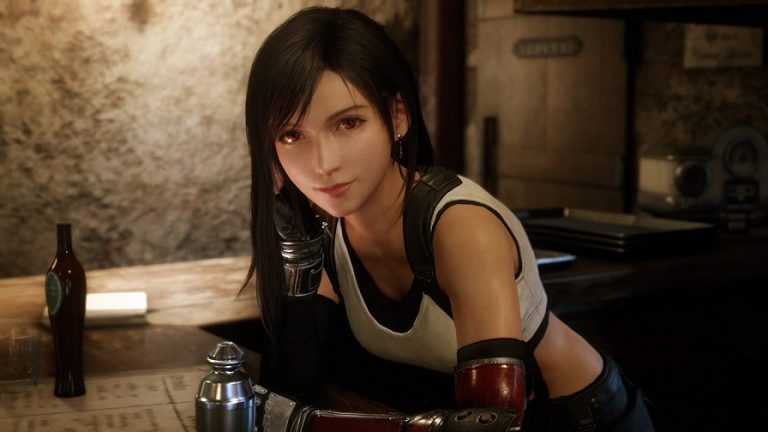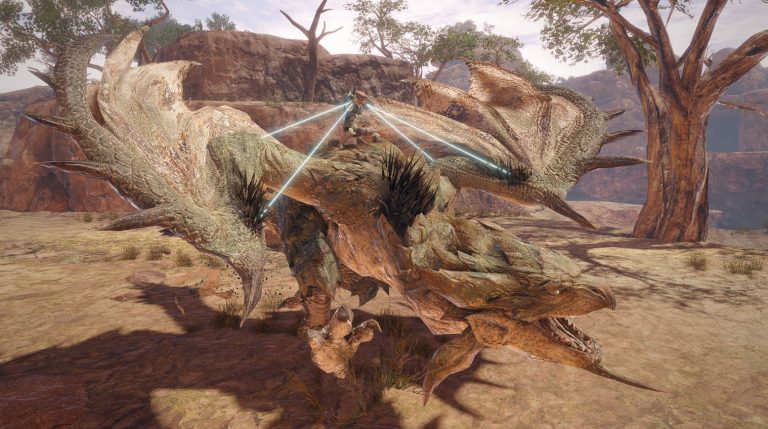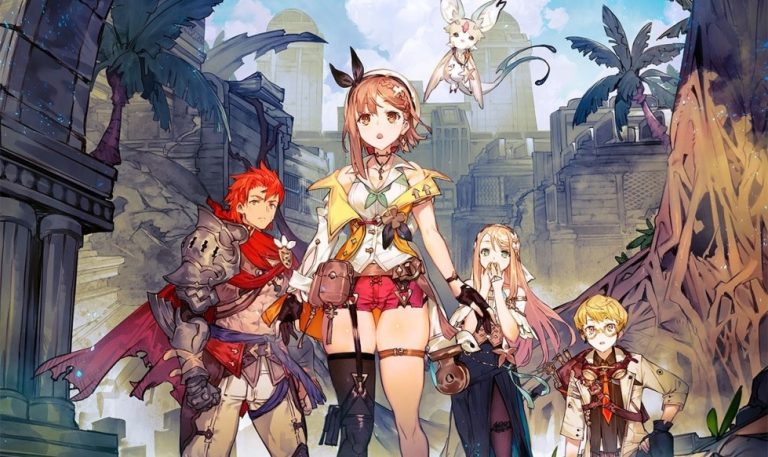With the emergence of increasingly advanced generative AI tools like Sora 2 in recent months, the discussion about using the technology in video game development is more relevant than ever. Even some industry veterans like Yoko Taro are predicting that in a few decades, developers might lose their jobs to AI. Motoi Okamoto, producer of the Silent Hill series at Konami, shared his own insights on the topic in response to a recent Hideo Kojima interview which has been gaining traction on X. While Kojima suggests the future of game sequels and remakes could potentially be in the hands of AI, Okamoto makes a distinction between sequels that merely bring more of the same, and sequels that innovate upon past entries.
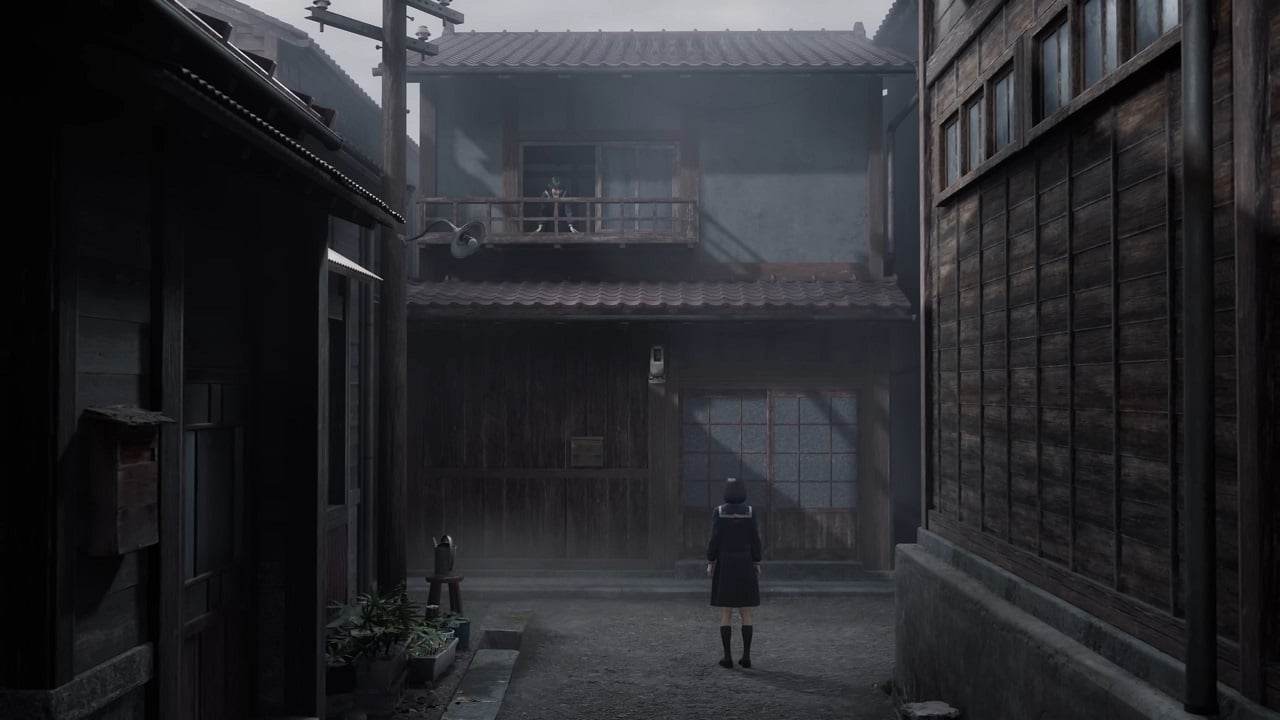
As Kojima explained in his interview with Rolling Stone Brazil (courtesy of DualShockers), it is much easier to produce sequels and reboots of games and films compared to original content, as they already have a foundation to build upon. It’s also a rather safe move in a commercial sense, given that the works are usually already well known and can easily attract investment. Thus, he predicts that in the future, sequels and remakes are very likely to be made using generative AI.
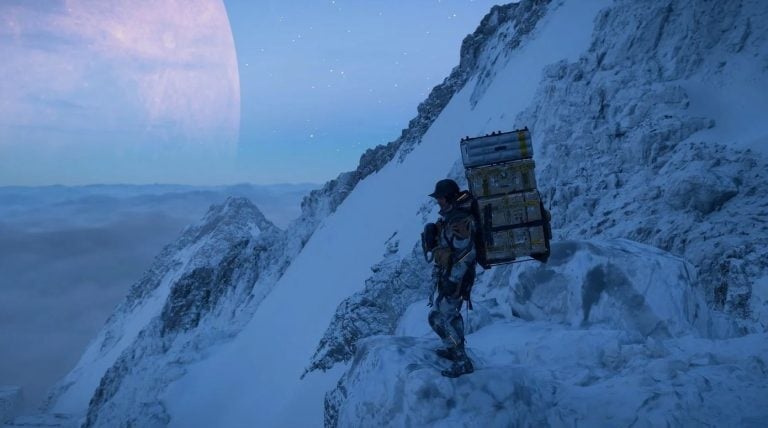
This statement of his made the rounds on the internet in the form of an X post, catching the eye of other creative industries professionals and Kojima’s peers. Hase Satoshi, author of science fiction novel BEATLESS, shared his own interpretation of the Metal Gear and Death Stranding creator’s statement. “It’s best to think of Kojima’s statement as a natural extension of the fact that he’s a creator who’s been fighting all his life to create new things while facing the latest technologies. I believe he is telling us that making sequels may earn us money, but they can be easily replaced by AI – so we should keep trying to make new things instead.”
In a follow-up post, Motoi Okamoto doubled down on the sentiment, while also emphasizing that it takes more than an AI generated script to create sequels which feel like they’re taking their series in a new direction, instead of just being a simple extension of preexisting material. According to him, AI would never be able to replicate games like Silent Hill f.
“In that sense, It would be quite difficult for AI to replace works that take a significant departure from the original path of the series, like Silent Hill f. AI may be able to put together a project for a sequel that takes place in the Silent Hill universe, but things like changing the story’s setting to Japan or getting Ryukishi07 on board as a writer are the kind of bold choices AI would never be able to make,” he commented.
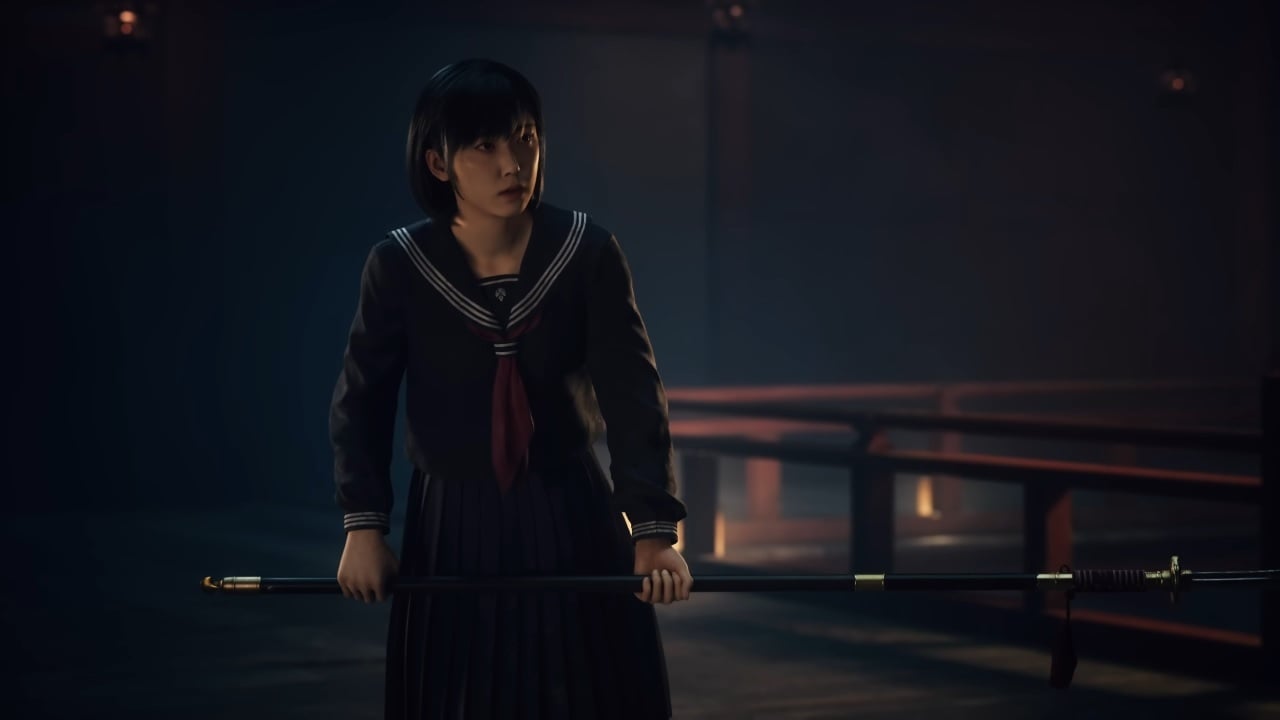
Breaking away from the tradition of setting the game in the eponymous fictional town in America (with some slight variations starting with its 4th mainline installment), Silent Hill f moves us to 1960’s Japan for the first time in the series’ history. On top of that, the game features a rather combat-heavy gameplay system, and a famous visual novel writer on the scenario – making it a unique title in the series. Initially, Okamoto was expecting that the initial reception to the game would be quite divided. However, the bold creative choices ended up working in the game’s favor, helping thematically tie it while also capturing the classic essence of the original series. Silent Hill f went on to become the fastest selling entry in the franchise, with over 1 million copies sold globally in the first 24 hours after launch.
Related articles:

